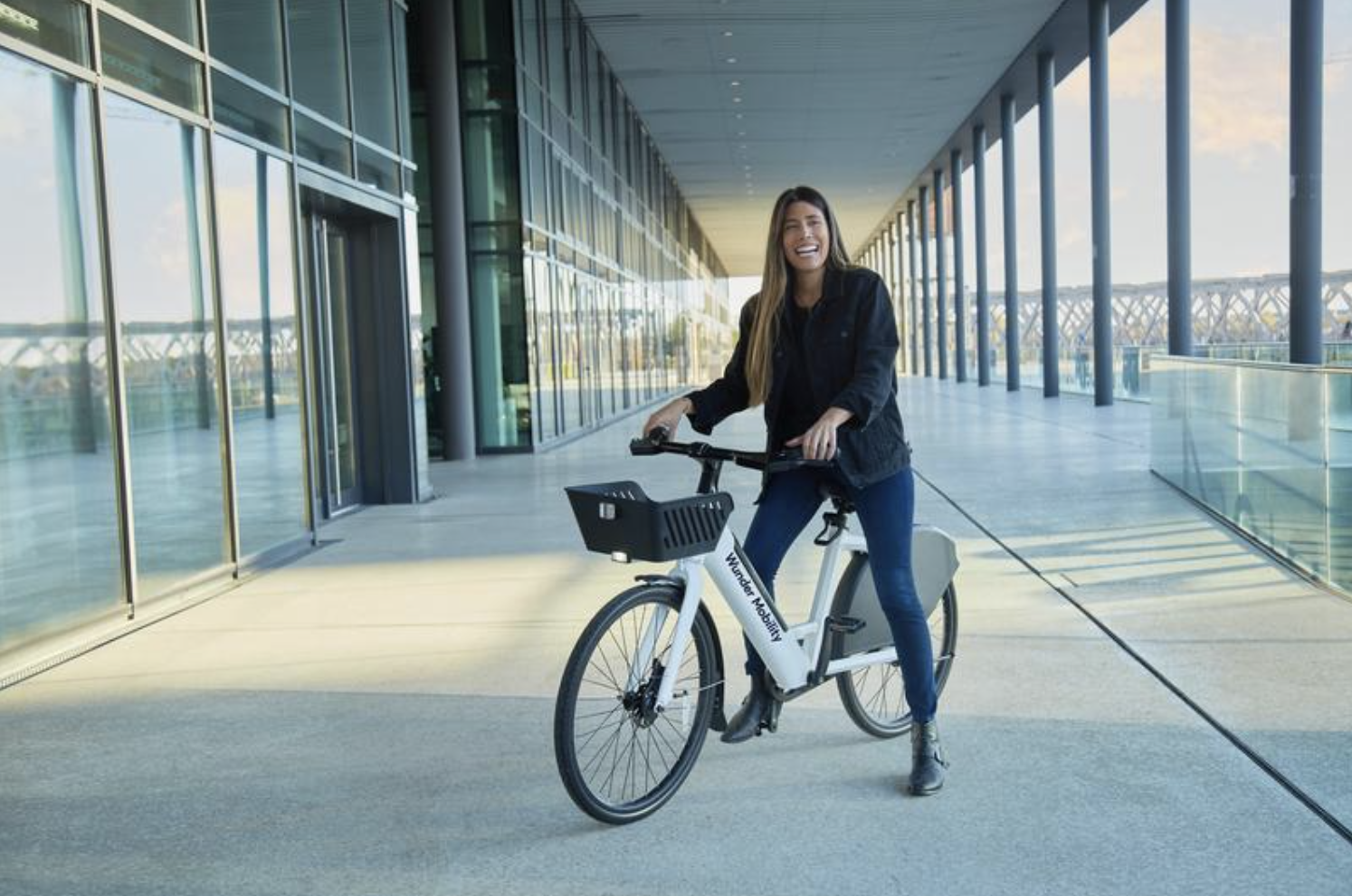Hardware. Why are we talking about hardware when we are a software company? Wunder Mobility is originally a software company but with the demand and trust of our customers, we started offering an all-around solution to anyone starting off as a sharing operator. We call ourselves a “one-stop-shop” and our latest asset was co-developing our own vehicles, together with China’s biggest LEV manufacturer, Yadea. For this we had to know exactly what makes a good hardware. Choosing hardware for your fleet is one of the most important decisions you will make and we’re here to help you watch out for the right things. Whether you’re thinking of starting a micromobility business, already starting it, or just wondering if you made the right choice, this article is here to help.
1. 24/7 repair - Easy maintenance
The best hardware needs to be easy to repair. A fast repair time will guarantee that your vehicles remain available for usage as much as possible. Besides, you need to be able to repair them quickly and no one wants complicated repairs in the middle of the night or throughout the Christmas holidays.
2. Availability - Spare parts
Make sure you have the option of ordering spare parts if needed. Although you’re always able to store parts, this will take up storage space. Instead, make sure they’re available with the manufacturer. You may also have a small stock with medium/low-cost parts for immediate repair or a partner that delivers spare parts within 24 hours.
3. Reliability - Resistant vehicles
Vehicles need to be reliable in the event of a small accident. They have to be resistant and well designed so that they don’t break easily. Sometimes, LEVs can suffer vandalism. A reliable, well-designed vehicle will be resistant to cracking. This also will assure more safety for users.
4. Batteries - Charging time and range
If your vehicles are electric they will be better off with high-end technological batteries. Good batteries will charge fast and have a high range. This will ensure that customers can use your vehicles as much as possible - utilization is one of the main KPIs for sharing operators.
5. Sharing ready - Market opportunities
Because it has existed longer, the B2C market is more mature than the B2B market. A tip from us is to choose a model based on the B2C market and make sure it is sharing-ready. You will benefit from a more stable supply chain and be able to scale your business easily. Wunder mobility and Yadea co-developed two sharing-ready vehicles - find out more here.
6. Price - Purchasing price x cost of ownership
The purchasing price of your vehicle is only 30% of the total cost of its ownership, the rest is maintenance and operations. Keep this in mind when choosing your vehicle. Sometimes, a slightly more expensive vehicle can guarantee less expenses - and stress! - in the future. It is a strategic choice that will impact your day to day.
7. Connectivity - IoT device and sim Card
If your vehicle is sharing ready it also needs to be connected. Look for a vehicle with an integrated IoT device or be aware that you will have to implement it yourself. A multi sim card is also something to watch out for. Otherwise, you are dependent on a single internet provider.
Good hardware has a lifespan of approximately 6 to 10 years. But inevitably, your hardware will depreciate over time and it’s important to think about this when choosing it. The points above will help you make a wiser choice. A choice that will shape your whole business strategy and majorly influence your chances of becoming profitable. If you have questions about choosing a vehicle to compose your fleet, get in touch with us. We also have our own vehicles co-developed with Yadea. Take a look at them here.
